
The Trustees
FROM THE CHAIRMAN'S DESK
Chronic kidney disease is growing at an alarming rate in India, and Telangana is no exception.
Vitamin and other nutritional deficiencies of the mother during pregnancy may cause smaller kidney volumes at birth. According to the United Nations Children’s Fund (UNICEF), 28% of the children born in India weigh less than 2.5 kg at birth. Consanguinity and genetic inbreeding increase the risk of congenital anomalies of the kidney and urinary tract. Poverty, poor sanitation, pollutants, water contamination, and known and unknown nephrotoxins may also cause kidney disease.
In addition, uncontrolled hypertension and diabetes are major contributors to the growing number of kidney patients in the country. By 2030, India is expected to have the world’s largest population of patients with diabetes. Because of challenges in access to primary health centres, and to adequate medical support and care, over 50% of patients with kidney disease are first diagnosed when the disease has already reached the chronic stage.
Lifelong dialysis or kidney transplants are the only options for CKD patients. What is of particular concern is that, in India, an estimated 90% of patients requiring kidney treatment die because they cannot afford the treatment, or — as it often happens in rural India — because treatment is simply not available. As dialysis in private facilities can cost anywhere between Rs.20,000 to Rs.40,000 per month, even amongst those who do start the treatment, 60% are unable to continue for financial reasons.
It is heartening to note that the Government of India and the Government of Telangana have included dialysis under their health insurance schemes — Ayushman Bharat and Aarogyasri, respectively. These schemes take care of the dialysis needs of below-poverty-line (BPL) patients. However, families of lower middle class CKD patients, who are just marginally above the poverty line, often find themselves in a grave dilemma: they can neither afford commercial dialysis, nor can they avail of the benefits of government schemes.
The Bhagwan Mahavir Jain Relief Foundation Trust (BMJRFT) was set up twelve years ago (in June 2009) by sixteen like-minded Jains. Its immediate objective was to take care of the needs of this category of patients, that is, the lower middle class. The Trust started on a modest note: each of the trustees contributed Rs.1,000 to subsidise 16 dialysis sessions of 6 patients affected by kidney disease. From this small beginning in July 2009, the Trust has come a long way — today, it conducts about 500 dialysis sessions every day. It collects a nominal amount of Rs.300 per session from APL patients (against Rs.1500 – Rs.4000 charged by private hospitals). This charge has not been revised upward in more than twelve years, though the cost of treatment has increased several-fold. It is gratifying to note that the efforts of the Trust have resulted in a saving of over Rs. XXX crores to our patients. The story of this fascinating journey can be found elsewhere in this monograph.
Today, when we celebrate the completion of one million dialysis sessions, we re-dedicate ourselves to provide affordable healthcare to the economically weaker sections of society in India. In closing, allow me to say that this incredible journey of the Bhagwan Mahavir Trust would not have been possible without the generous donations of our well-wishers, the hard work of our trustees and their spouses, the tireless efforts of our sincere and dedicated staff, and above all, the unfailing support of the State Government and a succession of Health Secretaries. I wish to place on record our sincere appreciation and gratitude for their contribution to our success.
BY P.C. Parakh
THE TRUSTEES
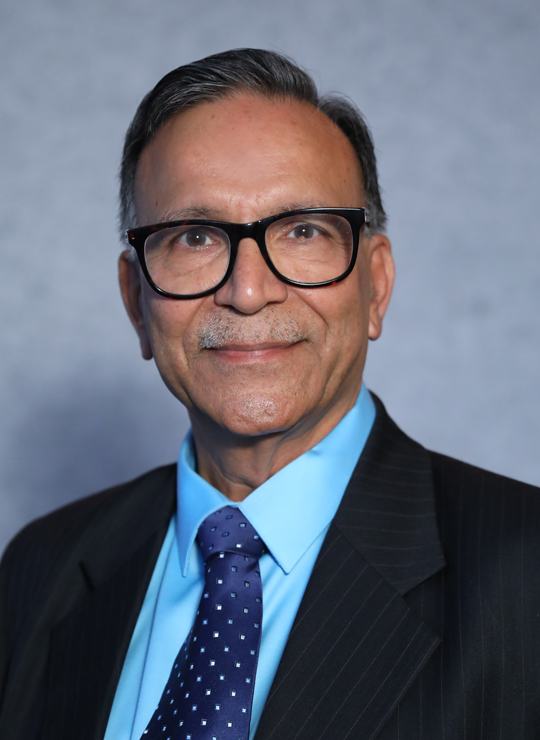
.jpeg)
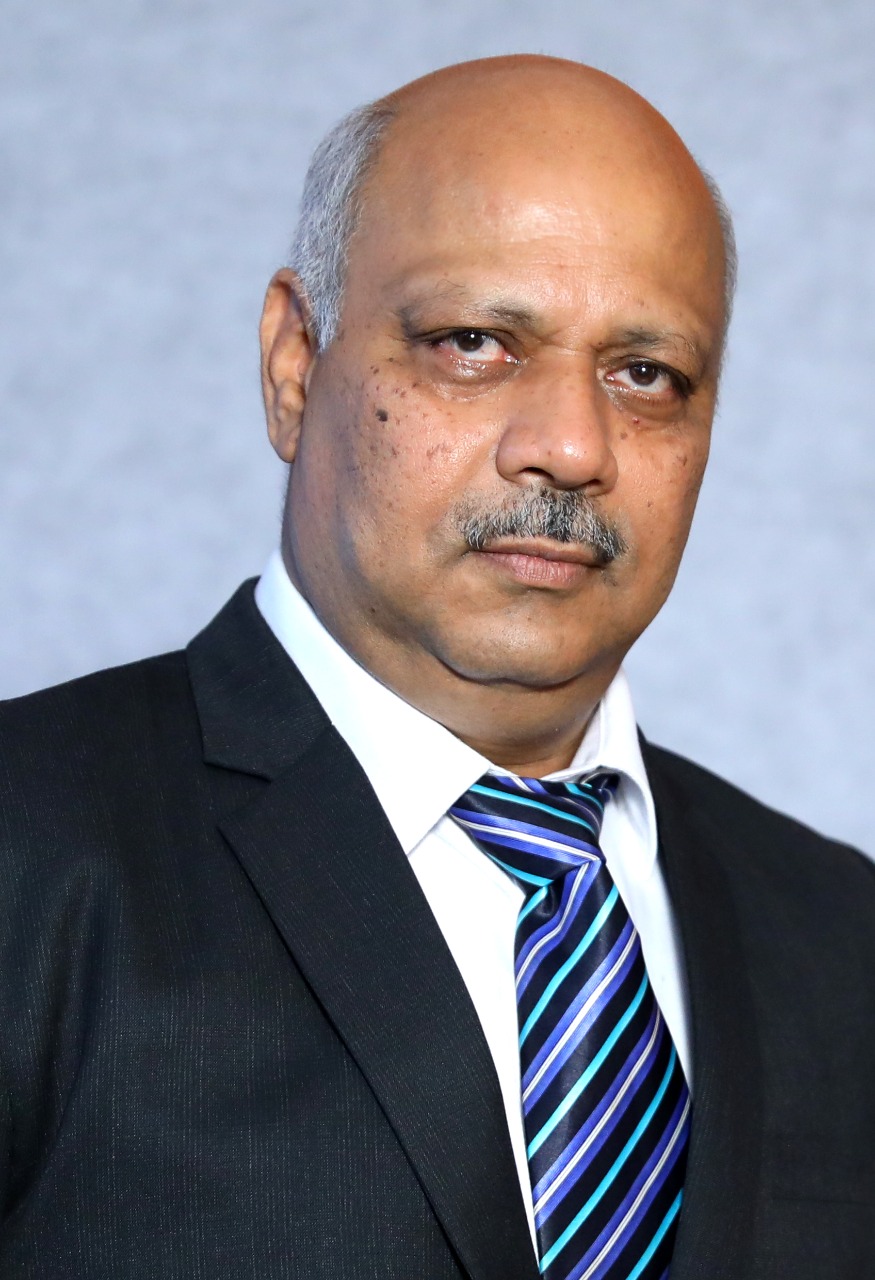
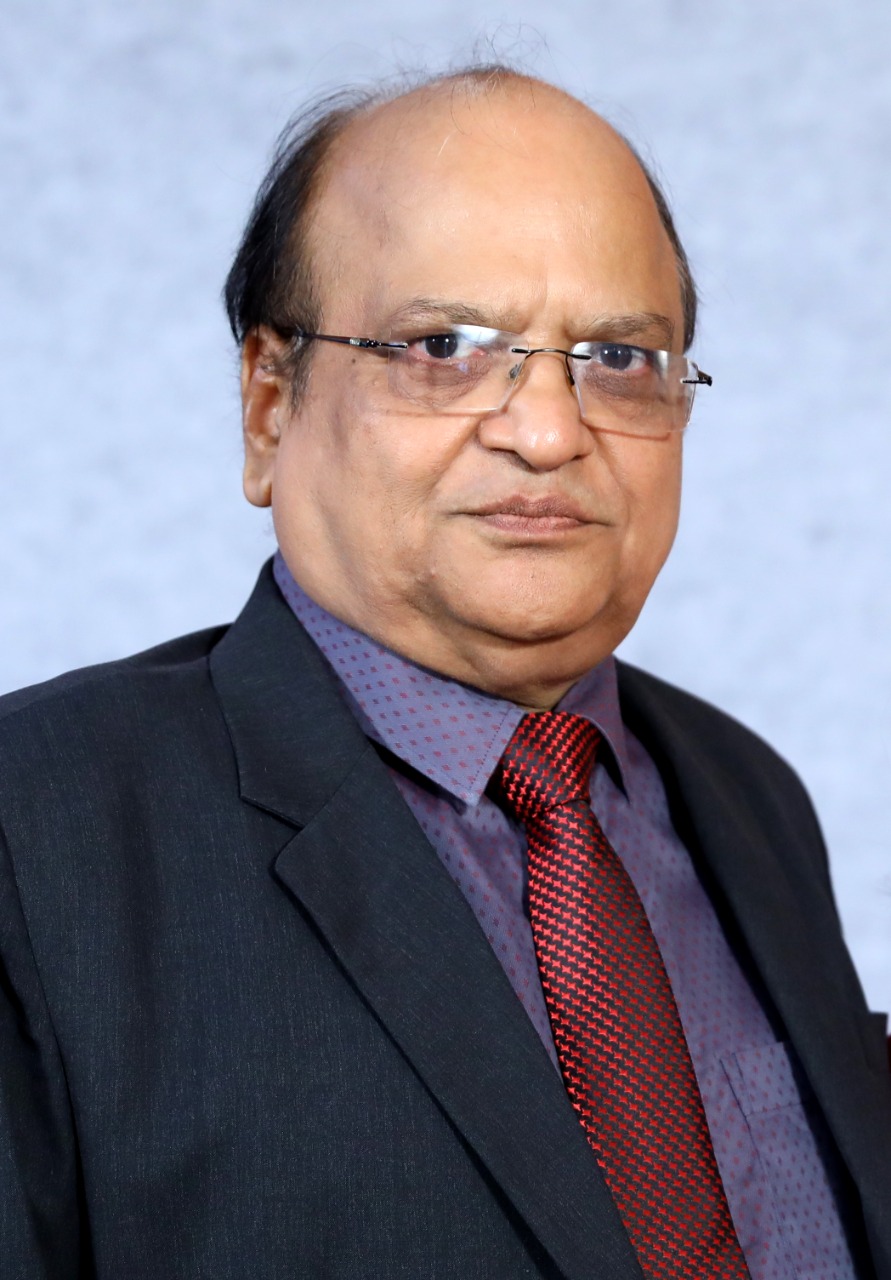
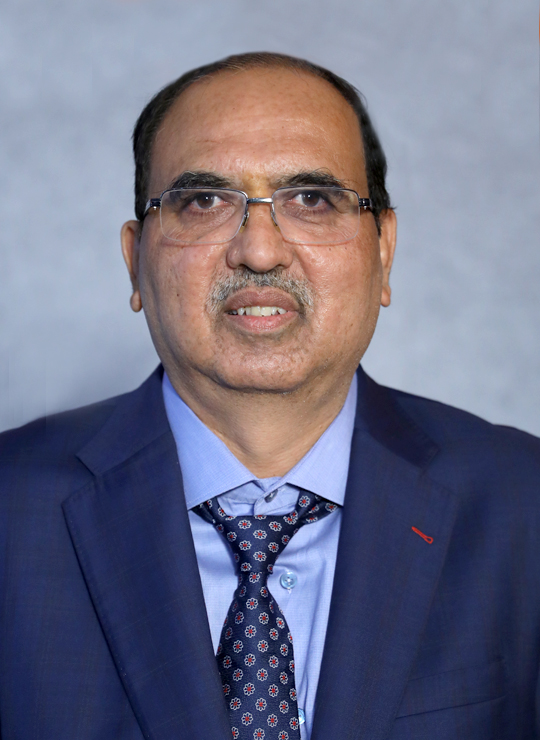
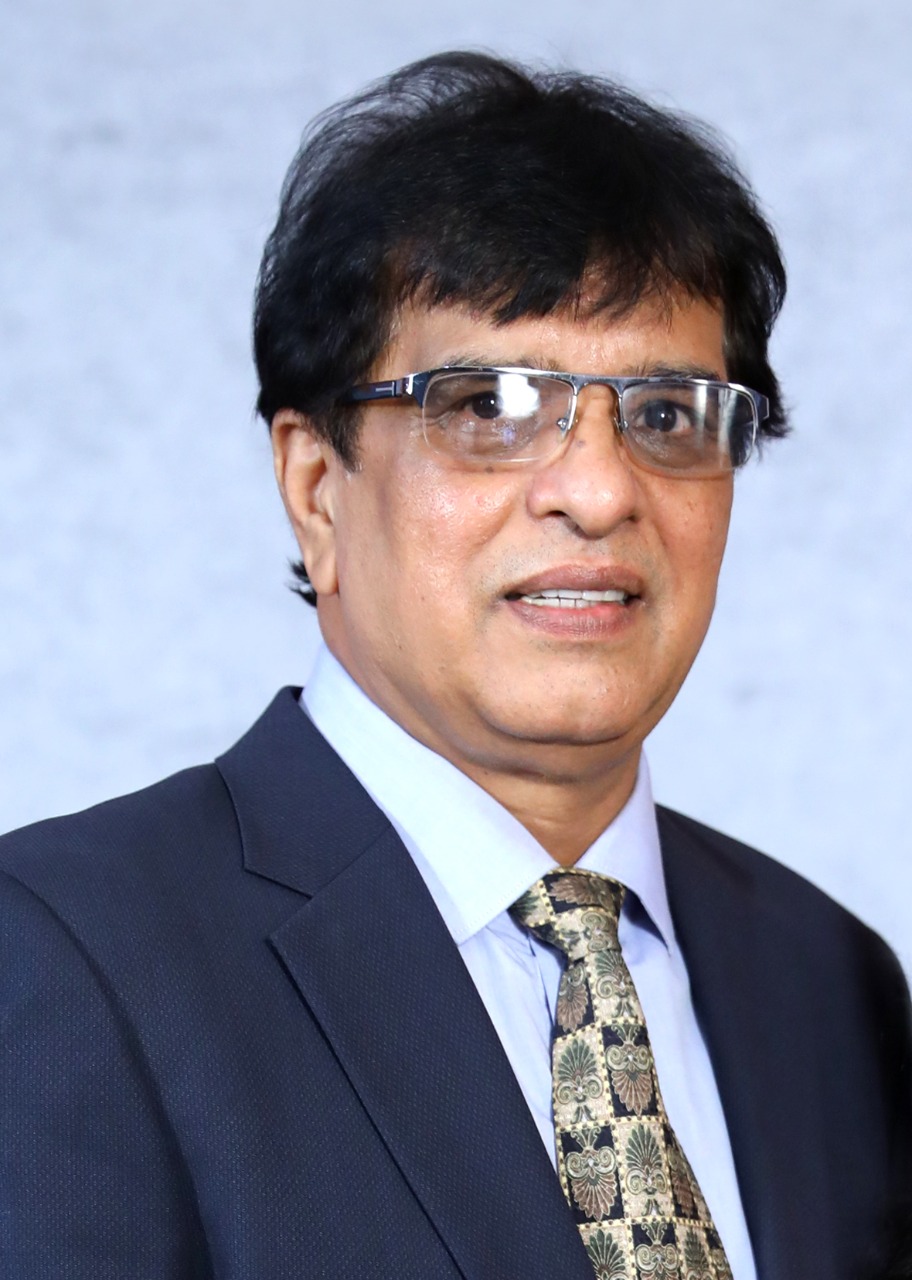
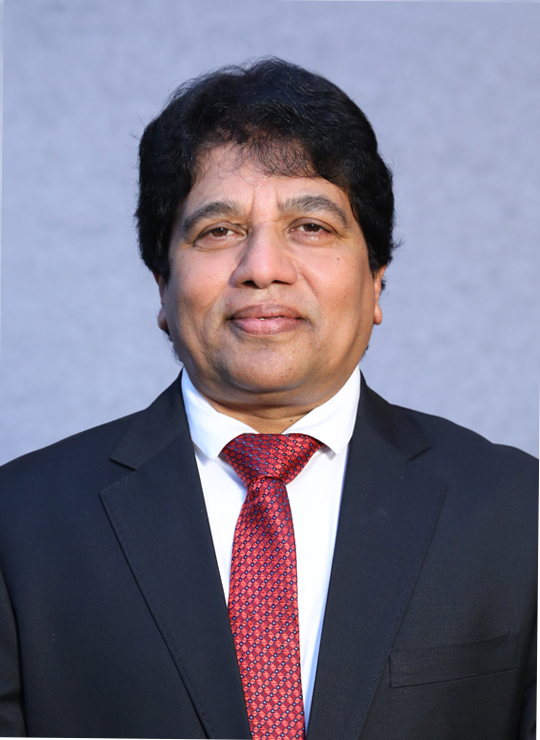
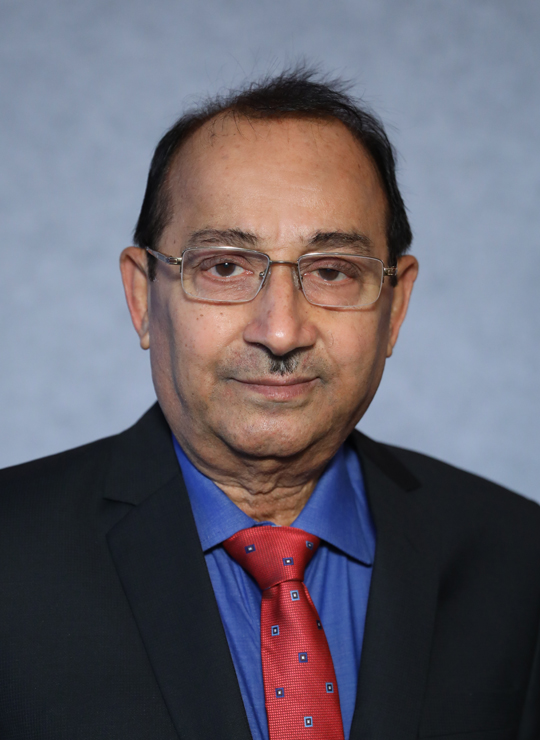
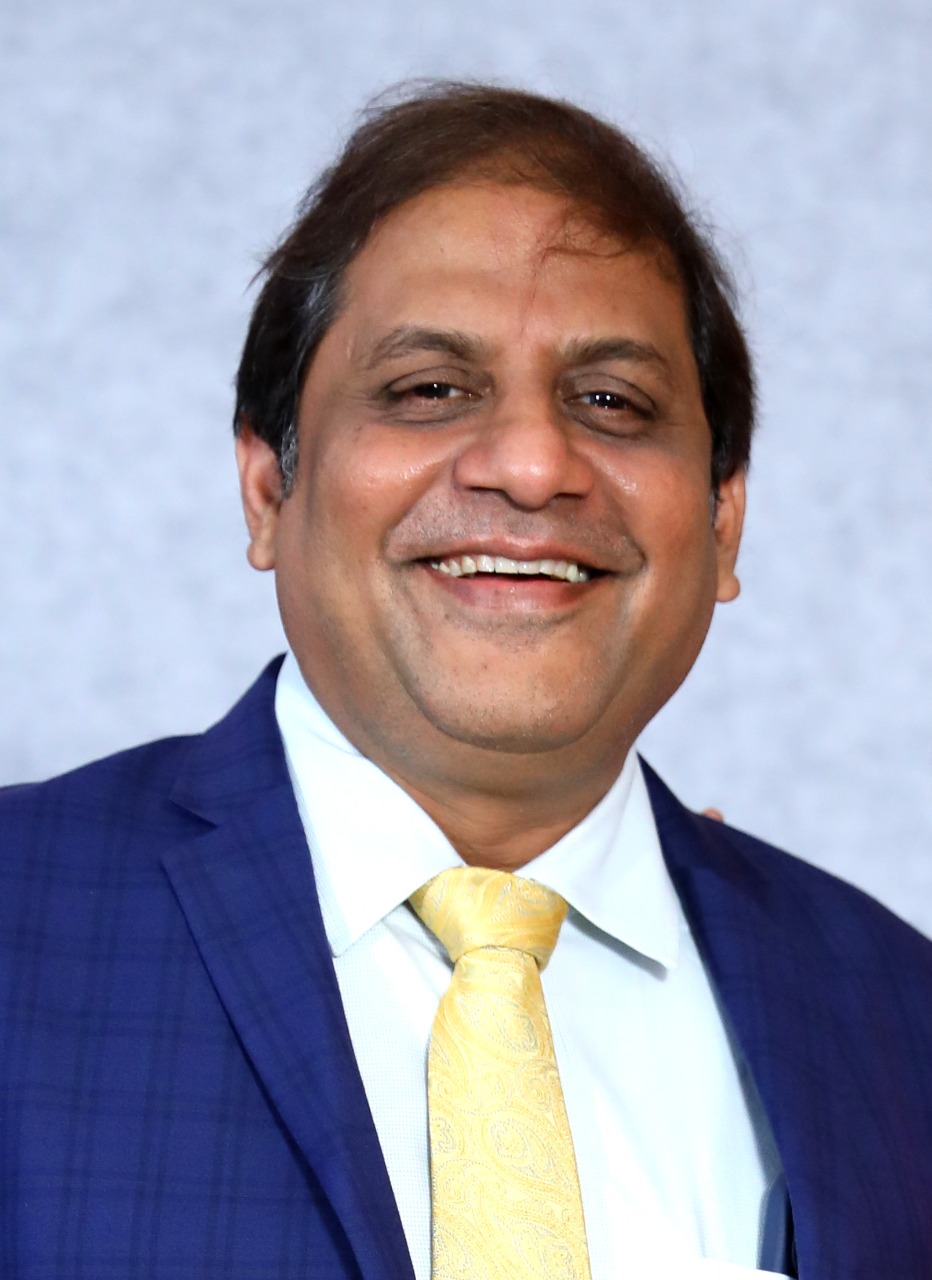
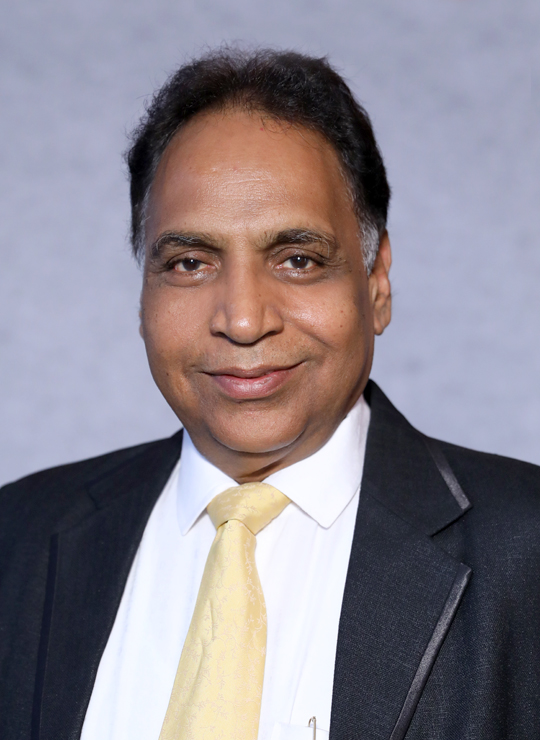
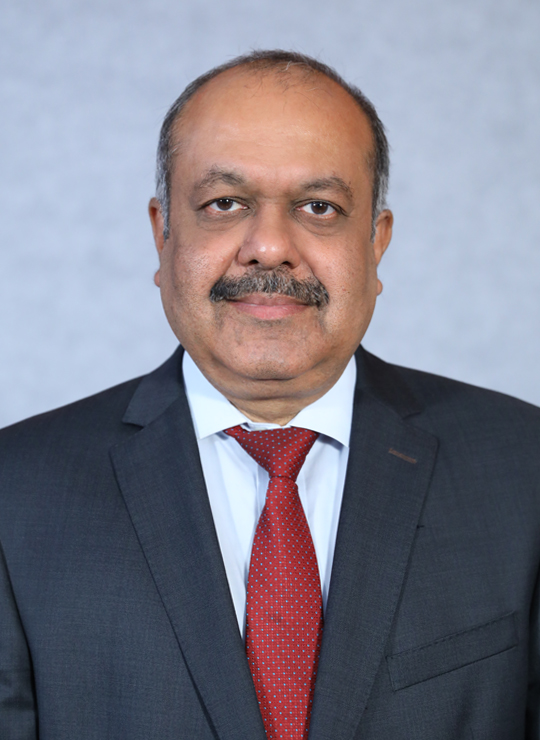
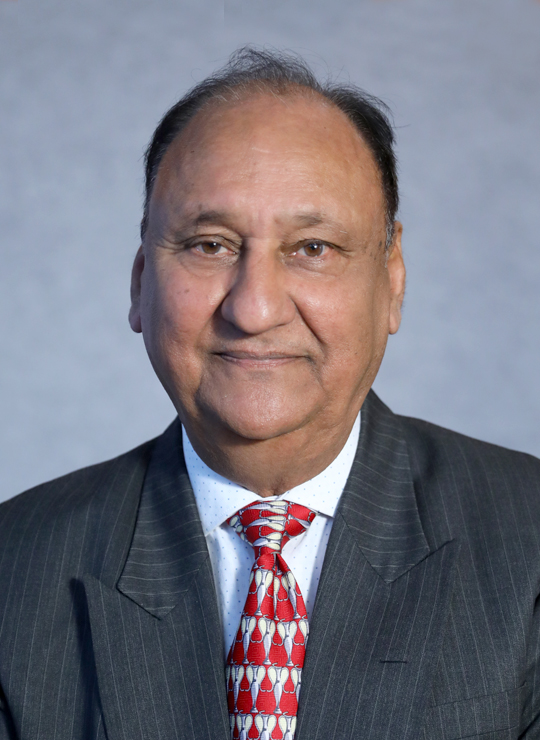
MEMORABLE TRUSTEES
.jpeg)
A birthday to Remember
On 30th Jan 2012, all BMJRFT trustees assembled at Shri Sunil Pahade’s residence at Banjara Hills.After breakfast, they proceeded to Chairman Shri Prakash Shrimal’s residence to wish him on his birthday. After cutting the cake, Shri P.C. Shrimal expressed his happiness about the progress on the dialysis initiative and gave a cheque for Rs.11 lakhs and said: “I wish to give Rs.11 lakhs for the next five years on my birthday, so that this charity work continues. You must not turn away even one dialysis patient requiring dialysis, irrespective of cast and creed.” [Shri Prakash Shrimal passed away on 3rd
April 2012. For the next four years, the same amount was paid by his son Shri Prashant Shrimal]
When Shri Babulal Ji Pahade arrived at Shri Shrimal’s house, he told the trustees to open
a dialysis centre in the Mahavir Hospital & Research Centre, instead of opening in government hospitals. There was some reluctance, because the Mahavir Hospital lease was not extended.Nevertheless, Shri Pahade requested Shri P.C. Shrimal and Shri Dhiraj Bhai to convince the trustees.From that day, Shri Dhiraj Bhai kept reminding everyone. One day, he said, “You have to open a centre in Mahavir because it is also our institution, and I will be one of the project donors.”
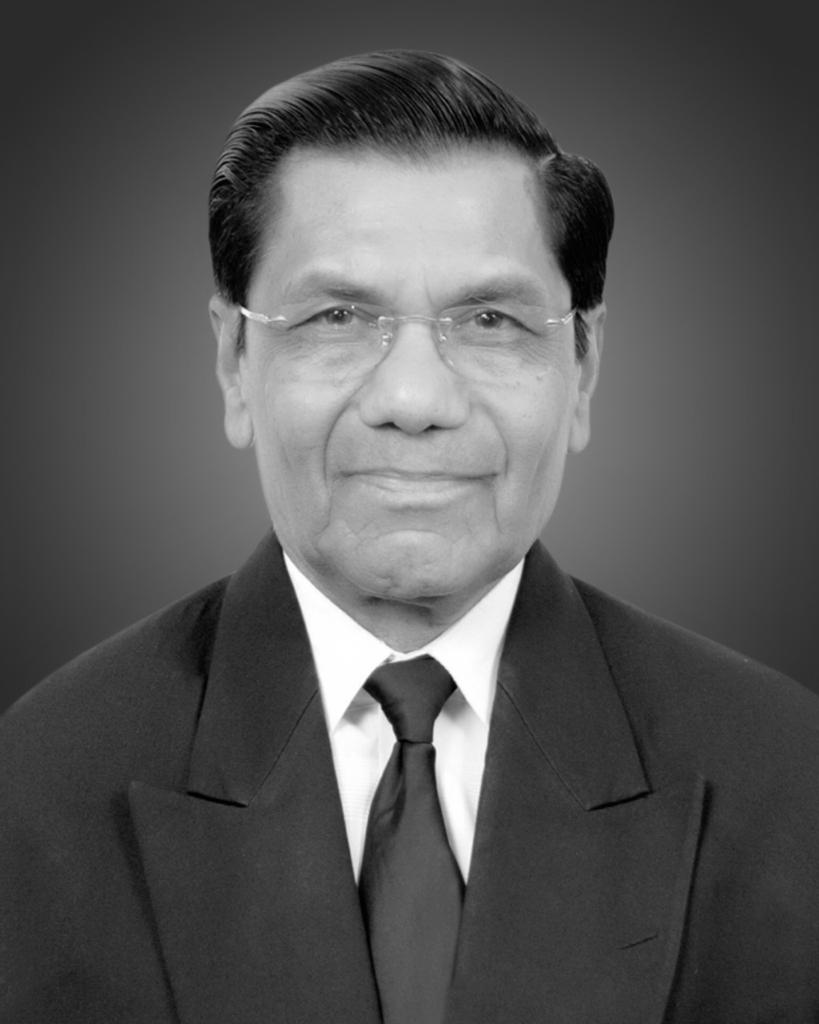
A Diwali Wish
In 2011, on Diwali day, Shri Dhiraj Kapadia called Gautam Jain to wish him, and said, “It is good that we are working with 24 machines, but I’m not happy… We must have at least 108 machines, and a corpus of five crores.” Gautam Jain responded, in a lighter vein, that this ‘small wish’ was actually difficult to realize.
Two years later, on 1st April 2013, Shri Dhiraj Bhai’s son Sushil called up Inder Chand Jain, “Dad wants to meet you and Gautam Bhai at the Omega Hospital… he is in the ICU.” When the duo rushed to the hospital, Shri Kapadia was very happy: “I don’t think I have much longer to live… Let me bless you both. Take good care of the Trust. I am happy that you have agreed to open a dialysis centre at Mahavir Hospital with 24 machines.” [Shri Dhiraj Kapadia expired that very afternoon]
.jpeg)
Shri Uttamchand Lunawat
Those we love don’t go away, they still guide us at every step, they still walk beside us every day. Unseen, unheard, but always near; still loved, still missed and very dear.
